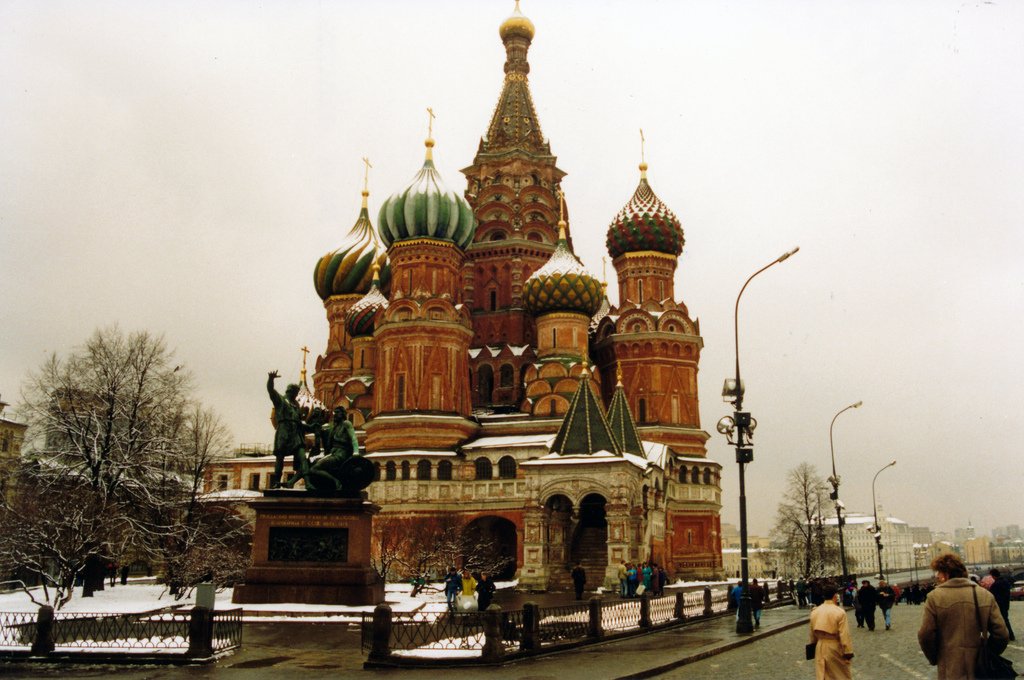(The Economist) Every time a high-powered Russian official, oligarch or governor gets arrested, the same questions surface: why him, why now, who’s next? In recent months these questions have become more frequent as former and current ministers, governors, high officials and an American investor have ended up in Moscow’s high-security Lefortovo jail.
So when Mikhail Abyzov, a former minister in the government of Dmitry Medvedev, was arrested on March 26th, the conspiracy theories mushroomed. […]
The Kremlin preferred to co-opt the powerful by allowing them access to rents, and to placate any public discontent with cash and foreign conquests, most notably the annexation of Crimea in 2014. But as Kirill Rogov, a political analyst in Moscow, writes: “soft authoritarian regimes that rely on economic growth start looking for new sources of legitimacy and broaden repressive practices when economic conditions worsen.”
It is hardly surprising, therefore, that Mr Putin’s regime is increasingly reliant on fear and coercion, morphing into what Mr. Rogov calls “repressive populism.”
Read More © The Economist











